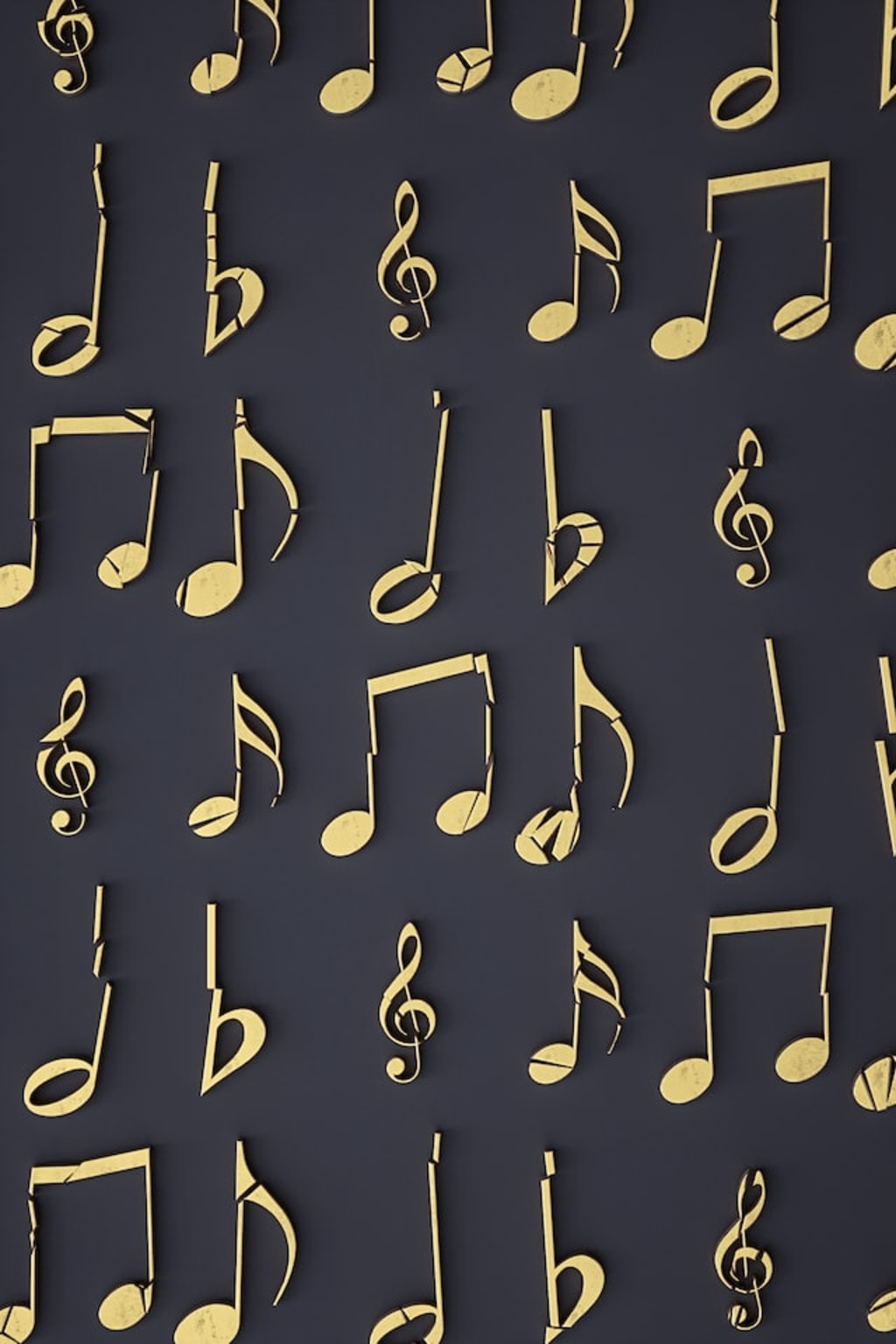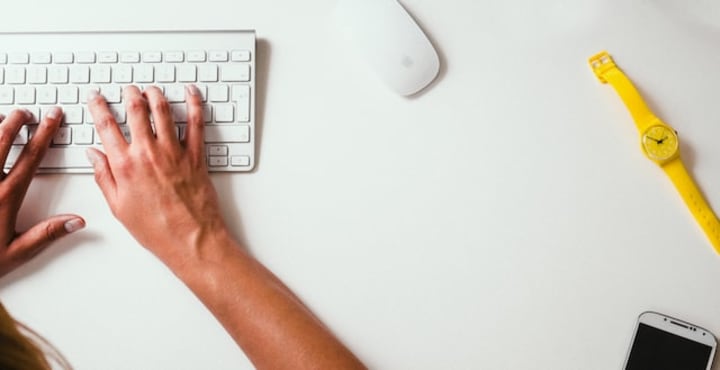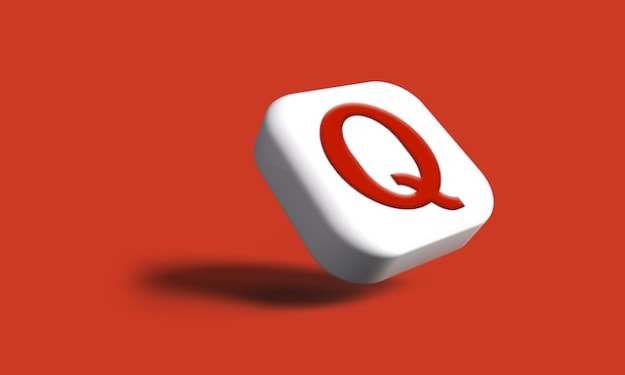May I Borrow or Use This Wonderful Piece of Art?
So I can take credit for it.

Introduction to the article
On June 20, 2020, I published a blog post on Blogger for the My Ambiance Life blog I owned on the site. The blog was replaced by the now functioning but on hiatus blog, The Writing Cove, which I have on GoDaddy. I still have it, but I archived it in my head. I have a link to the blog on The Writing Cove, but I should warn you that I have many grammar mistakes in this blog post. Hey, isn't that how we learn how to write better? I am still learning, and I was reading another writer's article on Medium who said that "the more you write, the better you will become at writing."
This piece is an update of that blog post, and like three other article updates I have written in the past few months, Journaling 101: the 2022 Edition, Learning new Things 1: Being a Dutiful Daughter, Chapter 3, and Reality Television Can Ruin Your Life, I am taking the liberty of such update to be true to 2022. This article is separate from the original because, like the three I mentioned, I want it to stand on its own merit. I will refer to the original piece from time to time.
The backstory to the original blog post.
You can read my latest piece on my love/ hate relationship with Quora, "Quora, Is This Goodbye?" there isn't a backstory to this piece per se, except that it was a Quora question. Yes, folks, I was answering Quora questions in 2020. I am not going into details on the story, but the primary purpose of writing it in the first place is to let you know you do not have to stick with a monetized idea forever, and I felt it was time for me to move on. SPOILER ALERT! I have not moved on yet, but I am getting close to it.
Anyway, a questioner asked if it was okay to use a creator's music and to receive credit for it. My initial response to this question was this: Oh, he also wanted to know if he could get sued.
"Yes, you can be sued. They might be nice and send you a cease and desist letter, asking you to remove the music. You really need to ask permission from the creator if using the music is okay or not.
I want to leave you with two examples. The first one is I am also a creator of music. I am not perfect at it and have not published any of it online. If I had published my latest, which is called, "Corners of my Mind", and someone did not ask for permission to use the music, I would write a cease and desist letter because I feel that I could go further with this piece of music before it was perfect in my eyes."
"I have several reasons for not being satisfied with this piece of music. one of them is the keyboard I originally recorded it on is limited in the potential that this piece of music deserves. Most of the time, people share to let others know of their process and to find out that someone who is too lazy to create their own music is using taking credit for that piece is disheartening to me. It takes time to create a piece of music. Yes, computers make the job easier, but the work is still there, as thoughts of music are coming from the head of composers into something tangible for the world to enjoy, not the for the vlogger to take credit for their own personal gain."

The 2022 version of Claiming Work You Do Not Create.
First, the 2022 version of copyright and plagiarism has not changed much in the two years since I wrote that answer, but the situation has worsened. For the moment, I will talk briefly about copyright in a textbook form in terms of what I can use, for example, a copy of Maya Angelou's poetry. The short answer is yes, you can, as long as you give her credit as the author of that piece. I was taught in school to always CITE YOUR INFORMATION. This is using the MLA style of citing works of art. This keeps you from plagiarism.
I left high school in 1982 and took my last college course in 2003, graduating with a Bachelor of Science in Marketing. Nothing has changed in using citations during that time. Since I became a writer, it is more important for me to cite any book, poem, website, and any other piece of work that does not have the name Patricia L. Logan behind it. However, some people are too lazy to do the work.
I do not call it lazy because there are also scam artists out there who would like to monetize the hard work you put in to get a piece of the money earned. Some websites like that show you the process of grabbing any piece of work on the internet and using it for your own work without referring any of it to the original author or composer. This is only for the United States. I am not sure of copyright laws in other countries, but I can imagine their laws are similar.
Why is research important?
We all want to be an expert at something. It does not matter if you have been on the job for a long time or getting started. It is important to research the information you are publishing in a magazine, website, or even place in a speech you wrote for the tech community on HTML5 Coding (or is it HTML6 now, I cannot keep up). I am not saying that you do not know your information. I am saying to ensure that the information is accurate and that you are not misleading your readers. This is why both research and citation are important. If a reader is questioning your information, they can look it up and feel satisfied that it is correct.
What happens when you get caught?
It has not happened to me since I wrote this original article, but I did get caught. I wrote in my blog, My Ambiance Life, when it was My Blessed Life, this article called, How much of the day are you plugged in? Do you consciously set aside offline time, or does it happen whenever it happens? I had a photo of a woman in a boat lying around and taking a lazy day. I thought it was a cute picture, but I did not cite the photographer. The post was written and posted on November 19, 2013, and at the time, I did not care who took it. I did not claim it as mine, either. I found the photo on Google and overlayed it with the word "Offline." I never gave it a thought because I was new to the world of citing the internet, but I should have known that you cite a photo the same way you cite anything you do not originally own.
As I said earlier, I got caught. Not by the person who originally took the photo but by someone who wanted to use it for his own website, and that person sent me an email asking permission. This was in 2017, a couple of years after I wrote the blog post and posted the photo. Also, I had the post on one of my Pinterest boards, which was the highest-ranking photo I had on there. What I did was I explained to the person who wanted to use the photo that It was not mine, so it was not my call to allow him to use it. I could not claim it. I was too good of a Christian and writer to allow that. So, what I did was took the photo down and swapped it out for a photo I took by the lake in a nearby town where I lived in Central Ohio, and put the same type of font as an overlay of the word, "Offline," and reposted it on my Pinterest board.
The new photo did not get as many views and "likes" as the previous one, but my conscience felt better about it.
So, if you find yourself in the same situation.
Do not beat yourself up for it. I did not realize that people still took an interest in that photo.
Correct the situation. I was lucky to find one of my photos to replace the original one. If you cannot, try to find the person who originated the piece, photo, or music. Since I was too lazy to do that, I replaced the photo. The original photographer probably never noticed that I used their photo. They could have hit me with a Cease and Desist (C&D) letter if they had. I was not trying to make a profit off the photo, nor have one of those "good job for taking that photo" moments.
If you get a C&D letter, apologize to the creator and take it down. Simple as that. Find a replacement or ask them if they mind if you use it. Some creators like to have personal documentation of their works, so they do not want the public to see them. If they say yes, please cite them for the credit.
If you are not a good photographer (meaning you suck at taking photos), You can always use websites like Pixabay or Unsplash. These sites have commercial use policies, and the citations are built into the photos.
Conclusion.
I can go on and on about copyright, but you need to know that in situations where you cannot think of a thing to write or make, it is best to leave it be and not ride on the back of others for profit. People are looking for original pieces, not copycats. Please be a good citizen of the arts and the writing community and create original pieces for the public to enjoy. Never claim to be someone you are not. You can use anything on the internet as an inspiration base, but always put your touch on your original piece that you will be proud of for years to come. You will feel better in the long run, and you will never deal with legal fees.
Related Articles and blog posts
Portions of this article was published in the My Ambiance Life blog dated June 3, 2020.
Original Article published on Medium





Comments
There are no comments for this story
Be the first to respond and start the conversation.